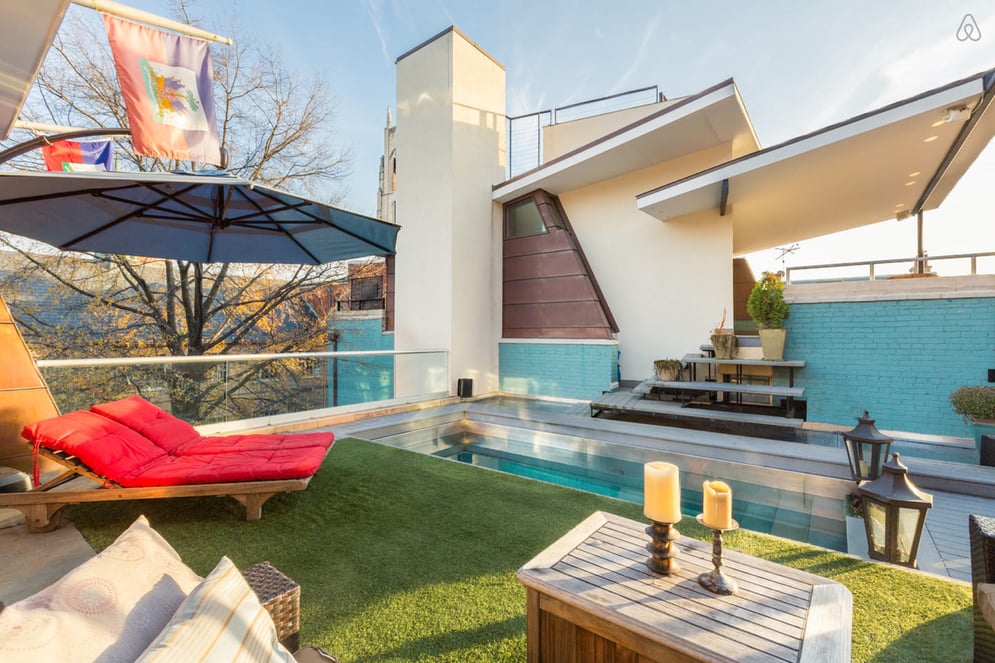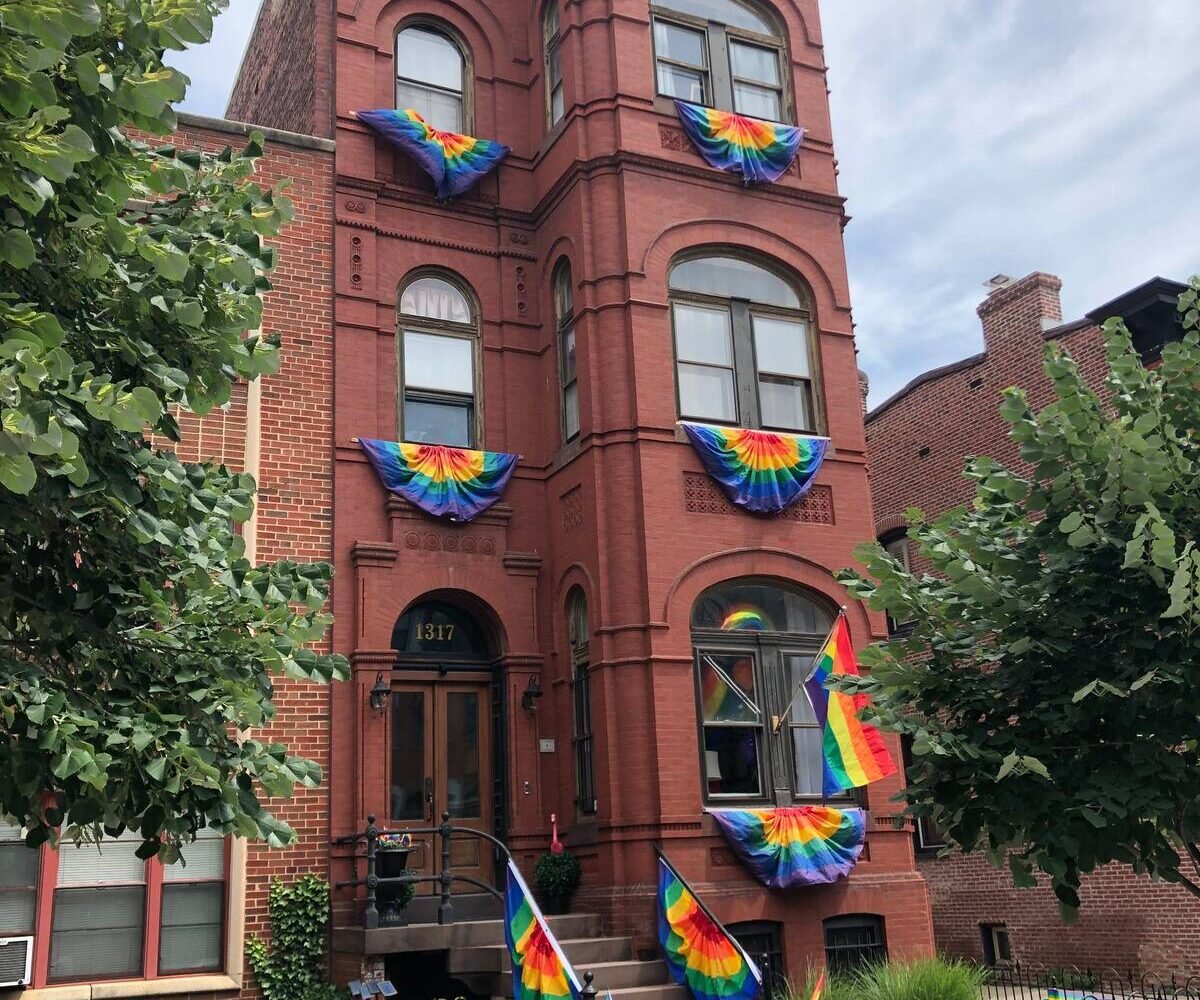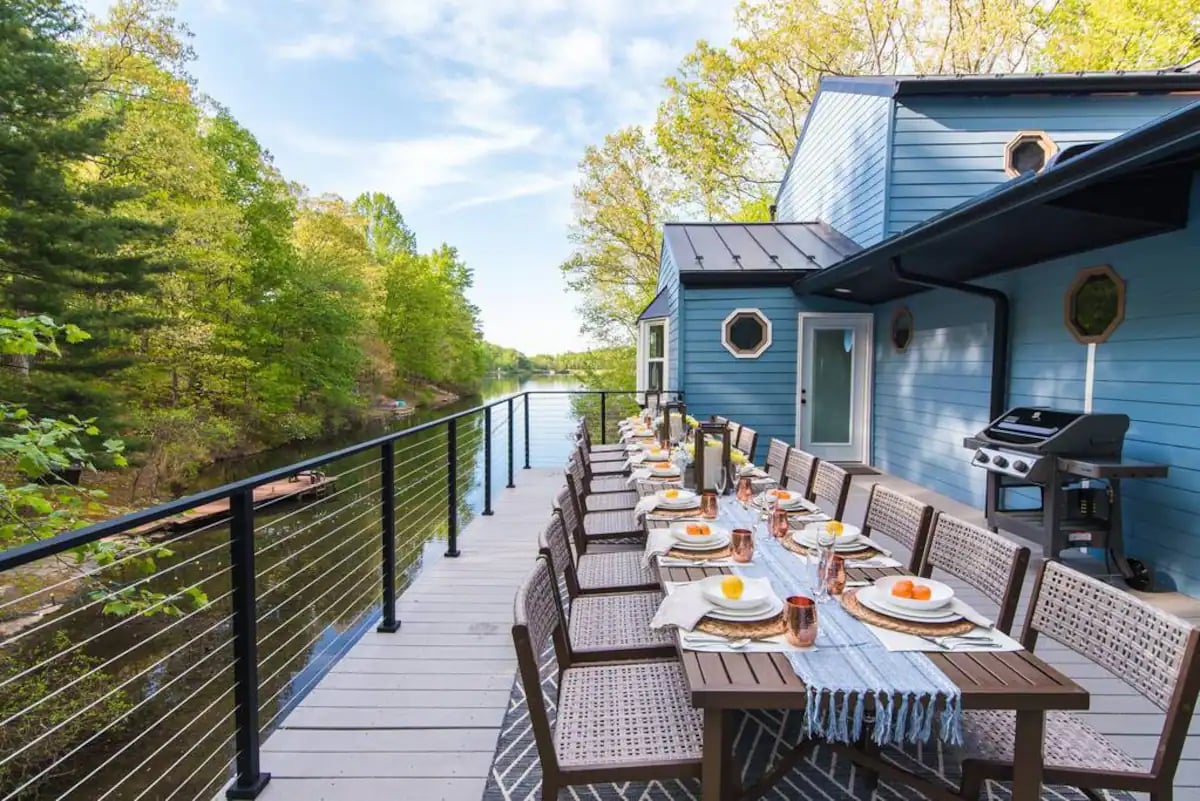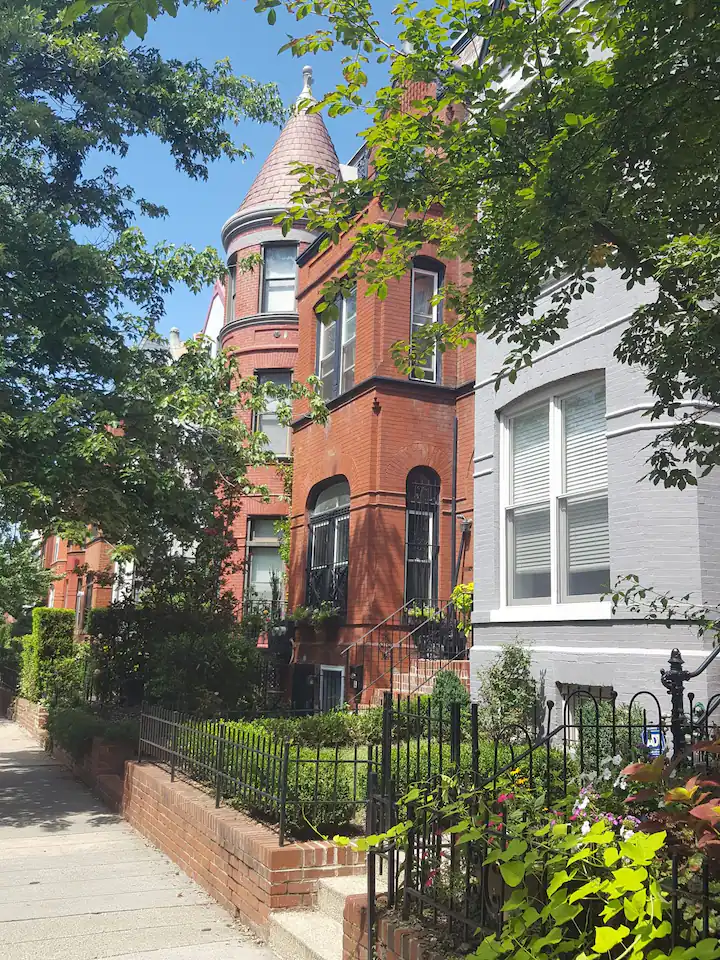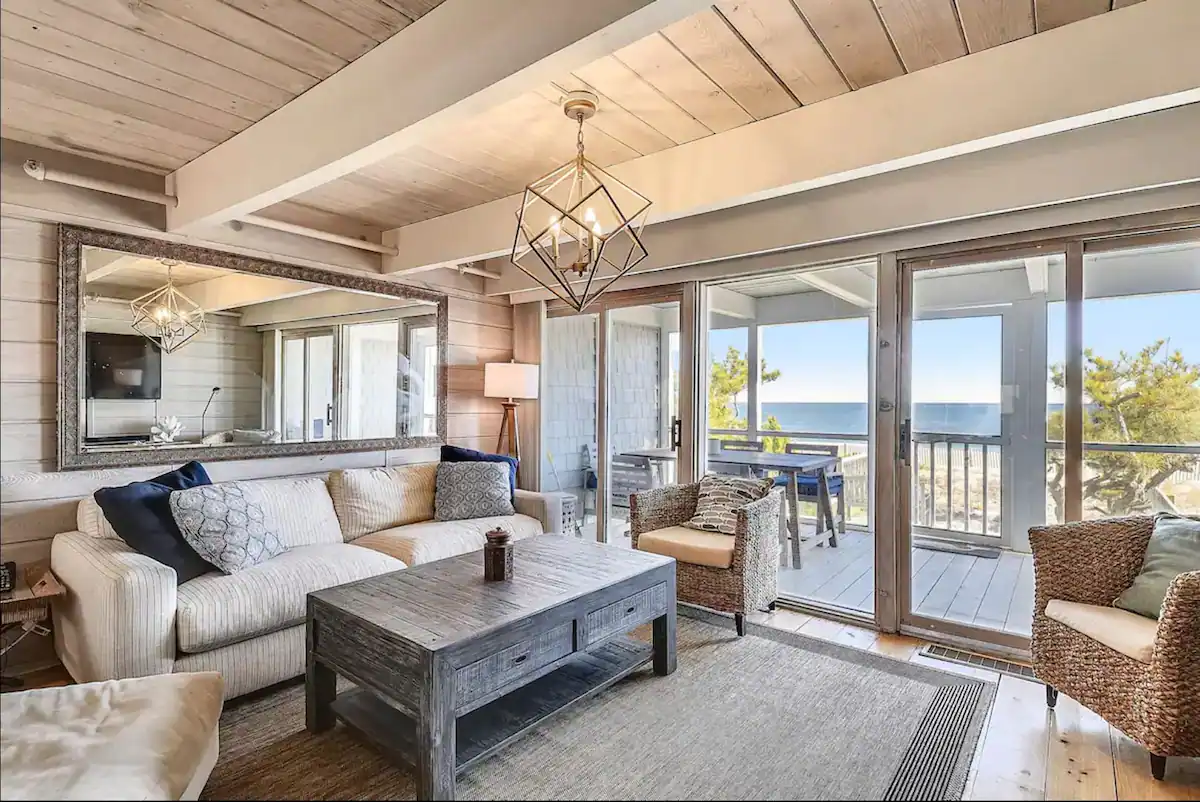Airbnb’s $8 million lobbying effort to win at the San Francisco polls is just the beginning. The lodging company announced Wednesday its “Community Compact,” a plan under which it will “use its experience in cities across the country to work with policymakers here in DC.” That’s a cute way of saying the company plans to hire a ton of lobbyists to work on city and state governments.
There is a proposal in front of the DC Council right now that seek curtail the company’s reach here. A bill pushed by UNITE-HERE Local 25, the union representing the city’s hotel workers, would limit hosts to renting out rooms in occupied units instead of whole houses or apartments. The city’s hotel industry briefly proposed legislation that would have capped the number of properties an individual Airbnb host could list on the site to five (none of which could be located in the same building), but it was withdrawn last week.
Airbnb will likely spend thousands of dollars to fight accusations of raising rents, hurting businesses, disrupting neighborhoods, and facilitating the occassional Ja Rule house party.
But Airbnb might be more popular in Washington than its opponents care to admit. A poll the company commissioned last month found that of 400 DC voters, 57 percent oppose local regulations that would restrict the types of lodging the site can offer. The survey also found that 35 percent of voters have a favorable opinion Airbnb compared to 9 percent with an unfavorable opinion, though 56 percent had no opinion.
Airbnb’s claims of popularity are better backed up by the raw numbers. New data suggest DC is a hotbed for the site, ranking third in listings per capita compared to other US cities. The District has over 3,500 listings, of which 2,855 are active.
There are 4.33 Airbnb listings per 1,000 people across the District, though the rate varies drastically across neighborhoods. Active listings eclipse 10 per 1,000 people around Dupont Circle, Capitol Hill, and Chinatown.
Airbnb opponents contest that the site provides an opportunity for people to list apartments or homes that otherwise would have been rented, putting pressure on already expensive rental market. With the average Airbnb listing priced at $161 per night for an entire property—or $4,830 for a 30-day stay—the monetary incentive is clear. But what does the data say?
Entire properties, as opposed to private or shared rooms, that are highly active often signal a listing being more than just the occassional vacation rental. Hosts with multiple Airbnb listings are also signs of commercial tourism properties. The graph below shows all active Airbnb listings, the percent that are entire properties and the percentage of those properties that are highly active.
One-third of all Airbnb listings are run by hosts that have multiple listings. A majority of hosts with more than one property on the site have just two, though a handful have more than 20.
Nearly two-thirds of all active Airbnb listings are for the entire properties. Of those listings, half are “highly active” with at least 90 nights booked in the past year. These properties most likely serve solely as Airbnb listings and are off the market to prospective DC renters. With slightly fewer than 1,000 examples of this kind of listing, though, the highly active Airbnb properties should have a minimal effect on the rental market, but are likely to worry the hotel industry.
Technical notes: Airbnb data was provided through InsideAirbnb. Listings per capita for cities were calculated using 2014 Census population estimates. The neighborhood level was calculated using the 2010 Census. Listings with at least one review since 2014 were considered active. Listings with more than 90 estimated nights booked in the last year were considered highly active. Estimates used InsideAirbnb assumptions of a 50 percent review rate and average stay of three nights. You can find complete code for this post on my GitHub page.
Kate Rabinowitz is the founder of the blog DataLensDC. Additional reporting by Benjamin Freed.
Correction: An earlier version of this article did not state the hotel industry’s bill limiting the number of properties Airbnb hosts can offer had been rescinded. It was withdrawn from consideration November 3.

